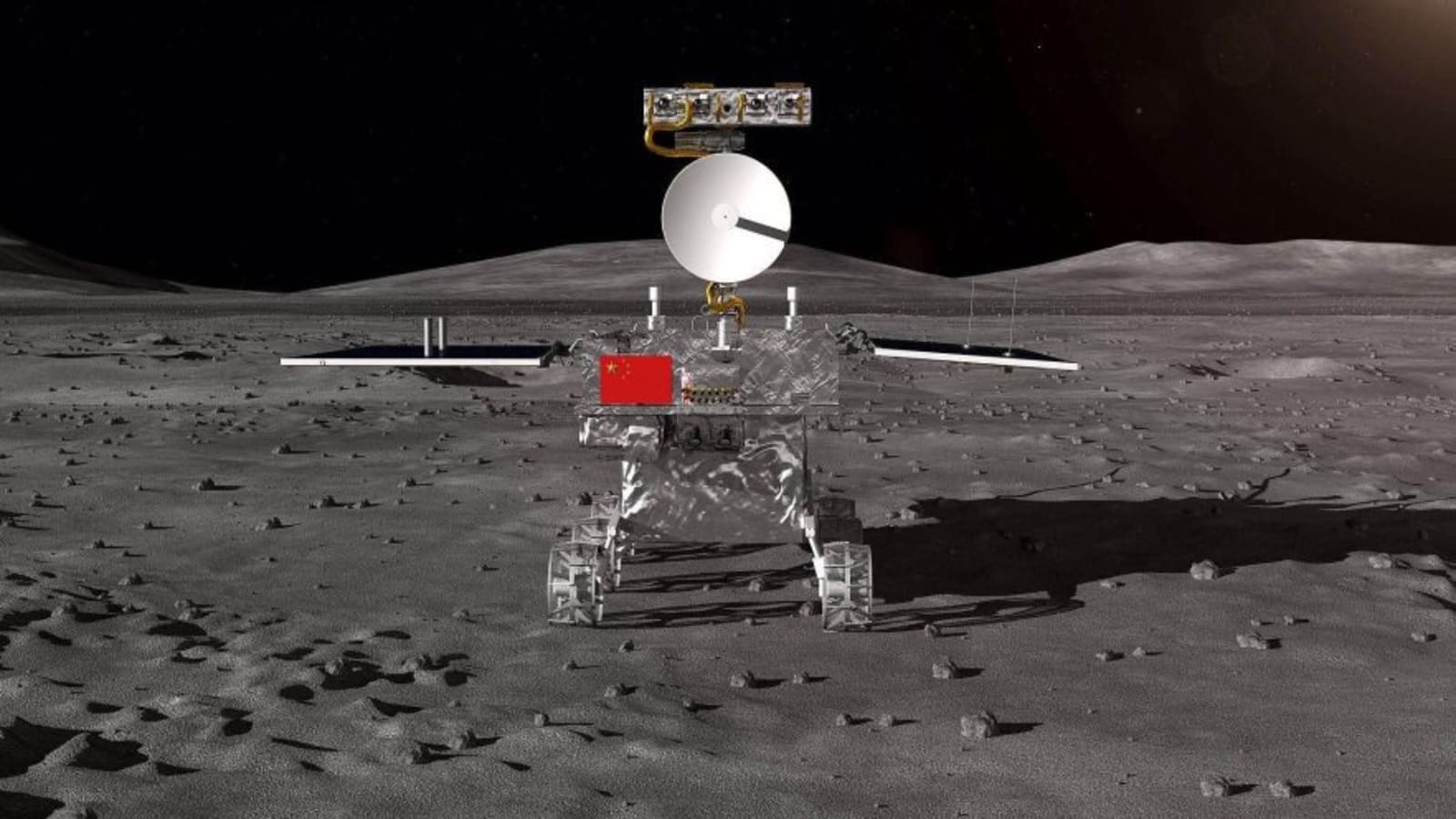Tag Archives: minerals
China’s rover finds mysterious minerals on the far side of the moon
 Early this year, China's Chang'e-4 lunar lander made history when it became the first spacecraft to touch down on the far side of the moon. Now, according to a study published in Nature, the lander's rover, Yutu-2, may have detected the first signs o...
Early this year, China's Chang'e-4 lunar lander made history when it became the first spacecraft to touch down on the far side of the moon. Now, according to a study published in Nature, the lander's rover, Yutu-2, may have detected the first signs o...
Anthropocene Epoch: Scientists Discover 208 New Human-Caused Minerals
Hair Ice Secret Revealed by Scientists
Water Droplet Computer Developed by Stanford Engineers
Apple Assesses Supply Chain For Conflict Free Minerals
Intel says its processors are now ‘conflict-free’
UCSB engineers proteins that make silicon, leads hipsters to insist on organically-grown computers
Organic circuits have been in development for awhile, but it's still rare that the organics are producing the circuitry themselves. Researchers at the University of California, Santa Barbara plan to break that silence with genetically engineered proteins that can make silicon dioxide or titanium dioxide structures like those used in the computer chips and solar cells that we hold dear. The trick, the university's Daniel Morse found, is to attach silica-forming DNA to plastic beads that are in turn soaked in the silicon or titanium molecules they're looking for: after some not-so-natural selection for the best genes, the thriving proteins can produce not only substantial minerals, but whole fiber sheets. Much work is left to get the proteins producing the kind of silicon or titanium dioxides that could run a computer or power your house, but the dream is to have synthetic creations that organically produce what would normally need a mining expedition -- imagine something akin to the glass-like Venus' Flower Basket sponge (pictured above) sitting in an Intel factory. We're half-expecting organically-grown smartphones at Whole Foods, right next to the kale chips and fair trade coffee.
[Image credit: Ryan Somma, Flickr]
UCSB engineers proteins that make silicon, leads hipsters to insist on organically-grown computers originally appeared on Engadget on Fri, 08 Jun 2012 08:18:00 EDT. Please see our terms for use of feeds.
Permalink Ars Technica | | Email this | Comments
Ars Technica | | Email this | Comments 








